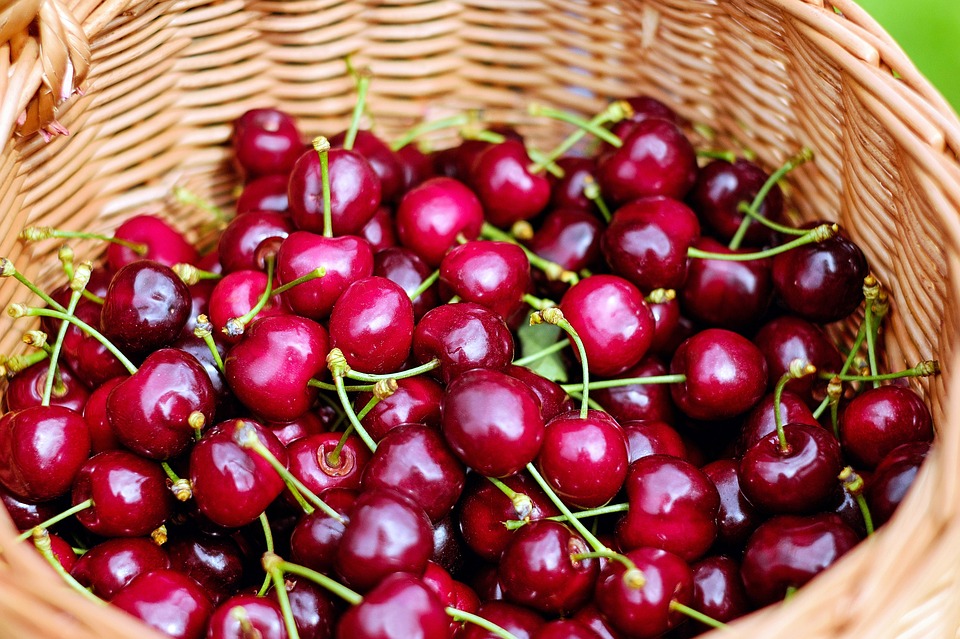More than likely you are familiar with gout, an inflammatory arthritis triggered by crystallization of uric acid within the joints. It causes severe pain and swelling. Gout has reached epidemic proportions in the Unites States as it now affects about 10 million people—or about 5 percent of the adult population. In addition, elevations in blood uric acid levels are found in over 43.3 million (21 percent) adults in the U.S.
With gout affecting so many Americans, it is important to understand what it is and what natural approaches may be helpful in preventing gout attacks.
What Causes Gout?
Gout is the result of either increased synthesis of uric acid; reduced ability to excrete uric acid; or both over production and under excretion of uric acid.
Several dietary factors are known to be trigger gout, including consumption of alcohol, high-purine-content foods (organ meats, meat, yeast, poultry, etc.), fats, refined carbohydrates and excessive calories.
Here’s a closer look:
• Alcohol increases uric acid production by accelerating purine breakdown. It also reduces uric acid excretion by increasing lactate production, which impairs kidney function. Elimination of alcohol is all that is needed to reduce uric acid levels and prevent gouty arthritis in many individuals.
• A low-purine diet has long been the mainstay of dietary therapy for gout. Foods with high purine levels should be entirely omitted. These include: organ meats, meats, shellfish, yeast (brewer’s and baker’s), herring, sardines, mackerel and anchovies. Intake of foods with moderate levels of protein should be reduced as well. These include: dried legumes, spinach, asparagus, fish, poultry and mushrooms.
• Refined carbohydrates, fructose, and saturated fat intake should be kept to a minimum. Simple sugars (refined sugar, honey, maple syrup, corn syrup, fructose, etc.) increase uric acid production, while saturated fats decrease uric acid excretion. The diet should focus on complex carbohydrates, such as legumes, whole grains and vegetables, rather than on simple sugars.
• Liberal fluid intake keeps the urine diluted and promotes the excretion of uric acid. Furthermore, dilution of the urine reduces the risk of kidney stones. Drink at least 48 ounces of water each day.
Cherries to the Rescue
One of the old folk remedies for preventing gout attacks is the consumption of cherries. There is a growing body of science to support this recommendation. For example, consuming one-half pound of fresh or canned cherries daily has been shown to be very effective in lowering uric acid levels, preventing attacks of gout, and reducing blood markers of inflammation. In the most recent study, researchers found that cherry intake (defined as one-half cup or 10 to 12 cherries or the equivalent in extract form) over a two day period was associated with a 35 percent lower risk for gout attacks and that cherry extract intake was associated with a 45 percent lower risk.
Cherries, hawthorn berries, blueberries, and other dark red-blue berries are rich sources of flavonoids (plant pigments) known as anthocyanidins and proanthocyanidins. In addition to consuming these fruit as food, extracts of cherry, bilberry, grape seed, or pine bark can be used as dietary supplements to ensure sufficient intake of the beneficial compounds that help fight gout. The typical dosage recommendation for these flavonoid rich extracts is 150 to 300 mg daily.
Celery Seed Extract
The compound 3-n-butylphthalide, or 3nB for short, is unique to celery and is responsible for the characteristic flavor and odor of celery. A celery seed extract standardized to contain 85 percent 3nB and other celery phthalides has shown benefit in the treatment of “rheumatism”—the general term used for arthritic and muscular aches and pain. In these studies that included gout sufferers, the pain had been present for approximately 10 years in a remittent or continual form and it led to a lack of joint mobility and pain that prevented the carrying out of household duties, hobbies and activities involved in employment of these subjects.
The results of the studies were extremely positive and quite statistically significant. The chance that such a positive effect in reducing pain in these subjects was a placebo effect was less than one in 1,000. Subjects experienced significant pain relief after three weeks of use with the average reduction in pain scores of 68 percent and some subjects experiencing complete 100 percent relief from pain. Most subjects achieved maximum benefit after six weeks of use although some did notice improvements the longer the extract was used. It appears to be particularly helpful for sufferers of gout as 3nB lowers the production of uric acid by inhibiting the enzyme xanthine oxidase.
These benefits persisted even after taking into account factors that can affect gout risk, such as gender, obesity, purine intake (in foods that can increase gout risk), plus use of alcohol, diuretics and anti-gout medications.
The recommended dosage for celery seed extract (85 percent 3nB and related phthalides) is 75 to 150 mg twice daily.
Final Comment
Obesity and its related insulin resistance are associated with a significant increased risk for gout as well as an earlier age of onset. Weight loss in overweight individuals is associated with significant improvement in blood uric acid levels and gout symptoms. Therefore, safe and effective weight loss is a primary treatment goal in overweight individuals.



